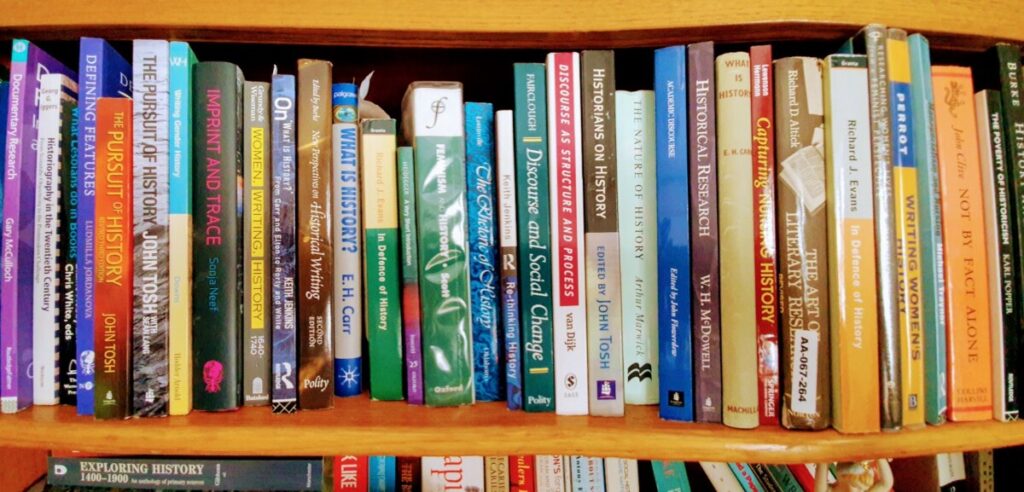The history of healthcare can involves people , institutions , artefacts, techniques and professional groups, It is highly dependent on national , cultural and religious settings and It is influenced by social, political and scientific changes.
Research in healthcare history is not just the province of the academic historian; it can be undertaken by anyone with an enquiring mind and an interest in the history of health and disease. This has often included healthcare practitioners. who have been accused of adopting an amateur approach to the history of their discipline. Practitioners with specialised professional knowledge and experience are often well placed to appreciate what is important in the history of healthcare but their work has sometimes lacked analytical rigor and historical context.
We hope this website will help to promote understanding between academic historians and clinical historians.

What is historiography?
The following two paragraphs, written by Professor Peter Nolan offer a simple explanation…
Historiography is concerned with what is remembered, recorded, and preserved from the past, but more importantly with how the past is ‘assembled’, analysed, interpreted, and the uses to which it is put. Much of the past is unrecorded; hence historians must speculate in order to explain why events happened and what the consequences were. Readers of history need to know which sources historians have accessed, how reliable these sources are, and what the motives and biases of past and present historians might be in drawing their conclusions.
Historians must be ultra-vigilant in selecting primary and secondary sources to work with, always alert to bias, subjectivity and distortion in the records. The contemporary approach to history disputes the claim that it is possible to offer an objective, uncontaminated description of past events, that is, to say what ‘really happened’. In seeking to achieve authenticity, historians aim to set their work in as wide a context as possible, taking into account the individual, social, economic, political and religious dimensions of the period they are writing about. It is the responsibility of those who read and use history, whether in the classroom or the political arena, to be alert to manipulation of data and unsubstantiated conjectures that may have influenced the conclusions reached.
'A brief history of medical history' written by the late Professor J V Pickstone (former Wellcome Research Professor at the Centre for the History of Science, Technology & Medicine, University of Manchester), describes some of the key academic developments in the field of history of medicine by academic historians who are not necessarily from a medical background themselves. It is unfortunate that the website it is displayed on is no longer being updated, but nevertheless, this article is well worth reading.
Evidence !!!!

How reliable is your evidence?..
Over time, ancient wisdom was shared with more and more scholars and between nations, being translated and replicated many times. So it is conceivable that there are many opportunities for subtle changes to occur during the copying of texts and for myths to be created by errors slipping into narratives and from henceforth being replicated. For this reason, it is most important that historical researchers trace the origins of medical discourses as far back as possible, ideally to their original sources, and examine them within their contemporary social context. This phenomenon was analysed and dissected in the seminal works of Thomas Kuhn, who wrote,The Structure of Scientific Revolutions and Ludwick Fleck, in, Genesis and Development of a Scientific Fact.
Action:
If you do not know the difference yet between primary and secondary sources, please look them up in the glossary.
Further reading
– (Needs an introduction ) a review of Fleck’s work was written by Carifio and Perla (2013)
Varieties of history
Various approaches can be taken to interpreting historical texts. Read about these in a text such as, Studying History By Black and Macraild and note down the various ways of interpreting historical sources of evidence.

Please contact us with details of other introductory texts you can recommend or send us a short review (200 words)

